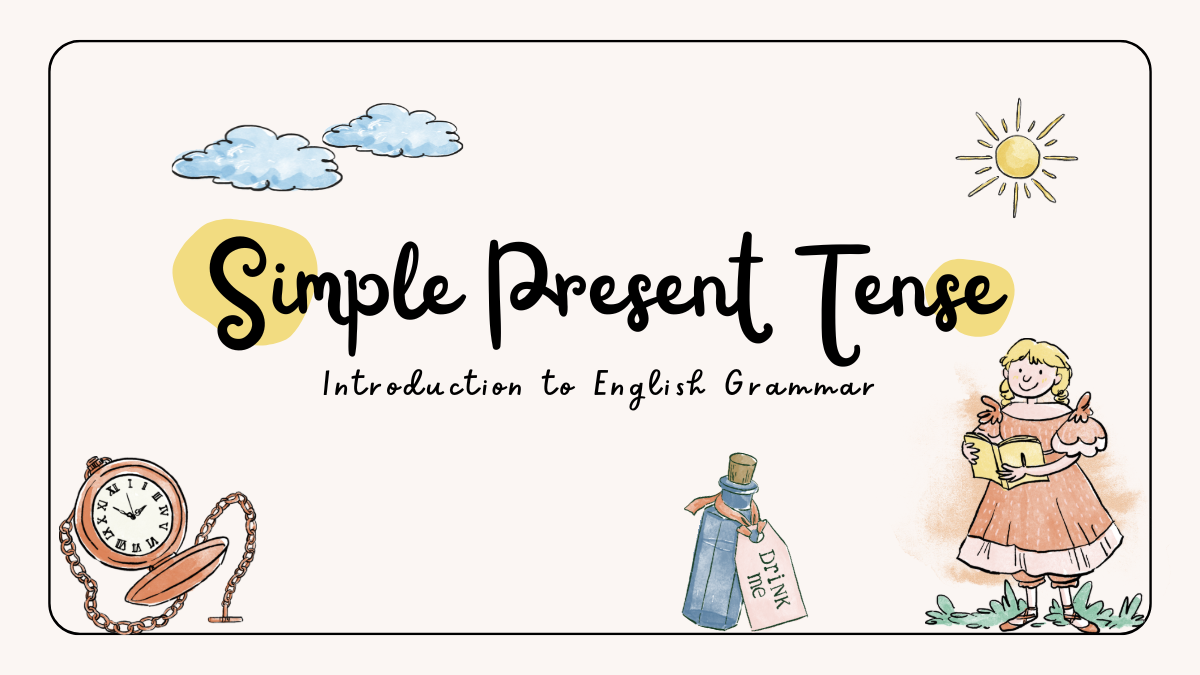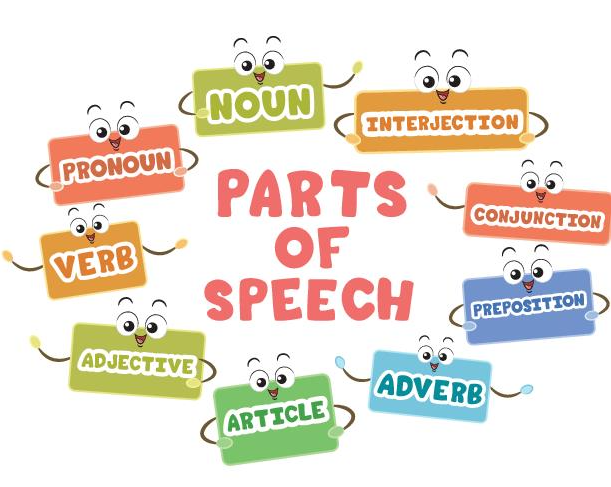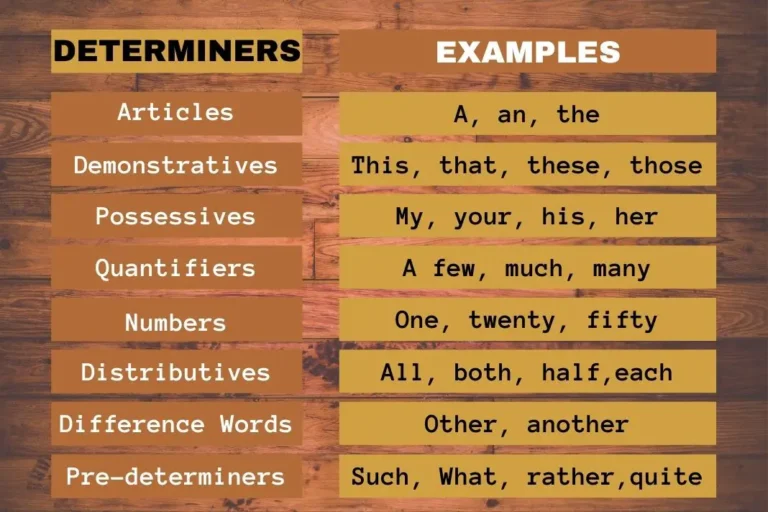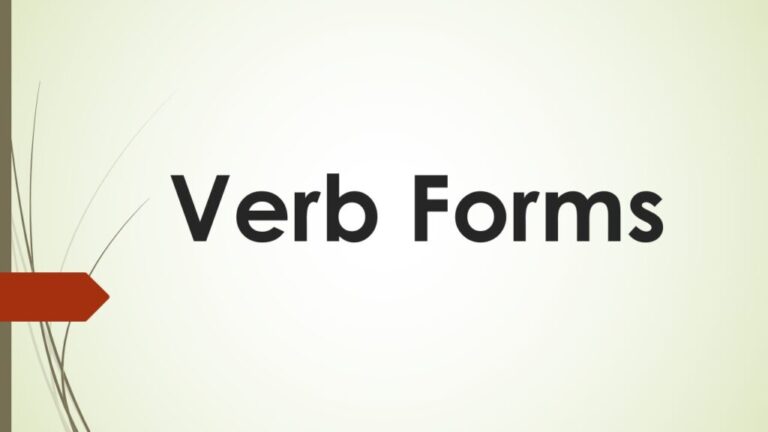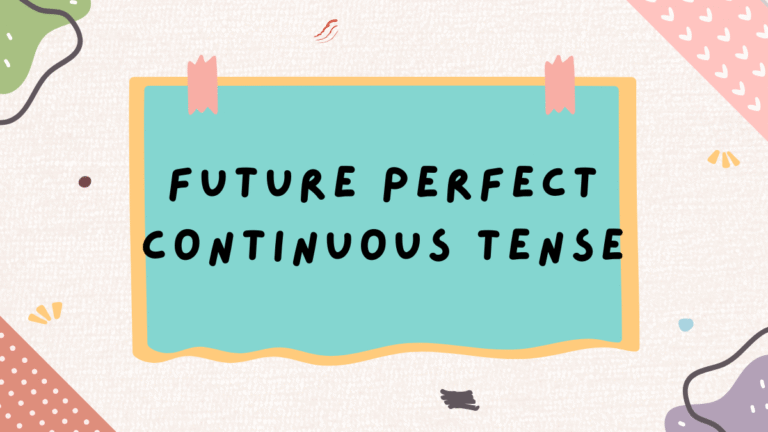Examples of Simple Present Tense Sentences
Definition of Simple Present Tense
The Simple Present Tense is one of the most common verb tenses in English. It is used to express facts, daily habits, and universal truths.
In this article, we will explain when to use the simple present tense and give 50 useful examples of simple present tense sentences.
Formation of Simple Present Tense
The structure of the simple present tense depends on the subject:
- For I, you, we, they → use the base verb.
- Example: I work in an office.
- For he, she, it → add -s or -es to the verb.
- Example: She works in an office.
Important: Some verbs change spelling in the third person:
- go → goes
- do → does
- study → studies
When to Use the Simple Present Tense
- Daily routines and habits
- Example: I wake up early every day.
- Universal truths and facts
- Example: The sun rises in the east.
- Scheduled events
- Example: The train leaves at 9 PM.
- Feelings, opinions, and states
- Example: She likes chocolate.
Why is the Simple Present Tense Important?
The simple present tense is important because:
- It is used in daily conversations (talking about habits, routines, likes, and dislikes).
- It is essential for academic writing and professional communication.
- It helps learners build confidence in speaking English fluently.
50 Examples of Simple Present Tense Sentences
Here are the 50 examples of simple present tense sentences.
- I play football every Sunday.
- She goes to school by bus.
- The Earth revolves around the sun.
- We study English grammar daily.
- Birds fly in the sky.
- He drinks tea every morning.
- My father works in an office.
- The shop opens at 9 o’clock.
- Water boils at 100 degrees Celsius.
- They visit their grandparents every month.
- She sings beautifully.
- The teacher explains the lesson clearly.
- I brush my teeth twice a day.
- Dogs bark at strangers.
- He reads the newspaper daily.
- The train arrives on time.
- The baby sleeps in the afternoon.
- She watches TV in the evening.
- I write in my diary every night.
- We celebrate birthdays with cake.
- The stars shine at night.
- He works hard to succeed.
- The river flows into the sea.
- My brother plays the guitar.
- The shop sells fresh fruits.
- I drink milk before bed.
- She teaches English at a school.
- The sun sets in the west.
- We go to the park on weekends.
- He washes his car on Sundays.
- The children play in the garden.
- My mother cooks delicious food.
- The cat sleeps on the sofa.
- I use my phone every day.
- He speaks three languages.
- They watch movies on Fridays.
- The teacher corrects our mistakes.
- The postman delivers letters.
- I wear a uniform to school.
- The bird sings in the morning.
- He loves to read books.
- The bus stops at every station.
- We practice grammar exercises daily.
- She dances very well.
- My uncle drives a taxi.
- The stars twinkle at night.
- They study hard for exams.
- I walk to school every day.
- The shopkeeper sells fresh vegetables.
- The baby cries when hungry.
Q1: What is the rule of simple present tense?
Use the base form of the verb for all subjects except he/she/it, where you add -s or -es.
Q2: What are signal words for the simple present?
Always, usually, often, sometimes, every day, never.
Q3: What is the difference between present simple and present continuous?
Present simple = facts & routines (I play football).
Present continuous = actions happening now (I am playing football).

